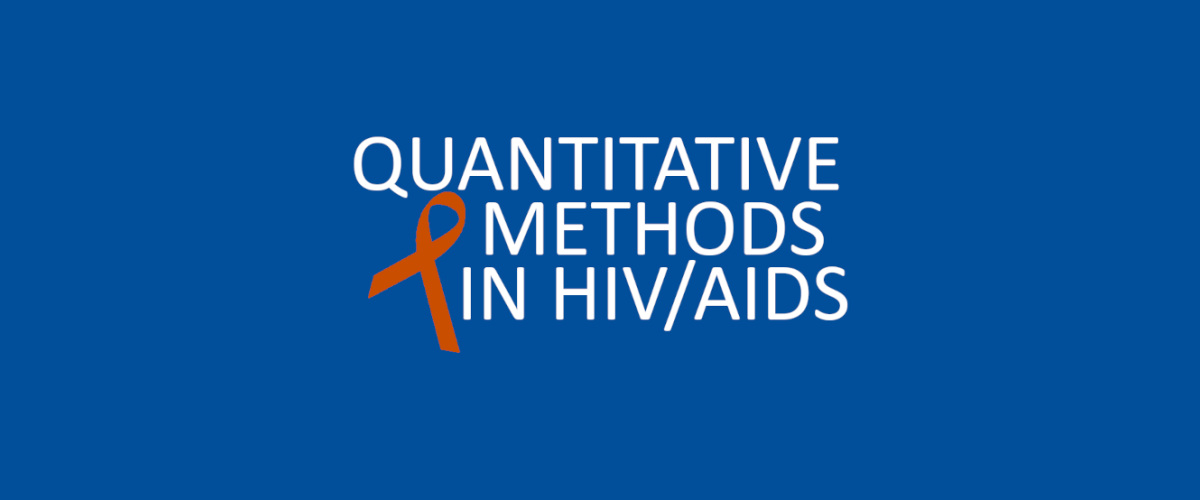
As part of a five-year NIAID R25 research education grant to deliver training in quantitative methods for HIV/AIDS research, the Quantitative Methods for HIV Researchers Summer Internship program provides mentoring and research experiences in HIV/AIDS for Masters or PhD students from quantitative disciplines such as statistics, biostatistics, data science, mathematics, computer science, and engineering. The internship runs for 12 weeks during summer term and is designed to engage quantitative trainees in real-world HIV/AIDS research, providing the opportunity to conduct research in leading HIV/AIDS laboratories, co-mentored by both an HIV/AIDS researcher and quantitative science faculty. The program is popular — in 2023, we received over 50 applications. This summer, thirteen interns were paired with a Duke CFAR PI and Quantitative Mentor to support an ongoing research project.
We asked a few interns to share their experiences and reflect on the summer.
Mohammad Samsul Alam, PhD candidate, Department of Statistics, NC State University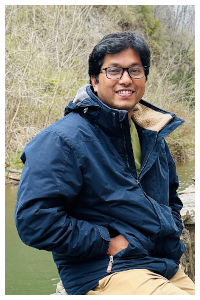
PI: Kevin Wiehe
Quantitative Mentor: Lynn Lin
What was the project you worked on for your internship?
Using single cell RNA sequence data, I identified the differentially expressed genes in HIV patients than that in healthy volunteers. I applied traditional approaches, recent developments, and some methods from functional data analysis for differential expression analysis.
What were your training goals coming into the summer program?
I intended to enrich my knowledge in immunology and HIV related research. Besides, I aimed to get more experience in Bioinformatics.
What do you hope to do in the future?
I would like to build a research career in quantitative analysis of complex data that arise through medical imaging and next generation sequencing.
What was your favorite part of the summer internship?
Meeting scholars in weekly meetings who played significant role in fighting with HIV pandemic
What is your favorite thing about summer?
It offers vacation time!!!!
Ellie Anderson, Master’s of Biostatistics program at Duke University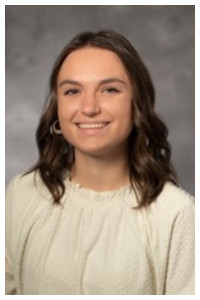
PI: Daniel Schuster
Quantitative Mentor: Lynn Lin
What was the project you worked on for your internship?
I developed a package to provide exploratory analysis for glycosylation profiles of antibodies. The goal is to speed up the process of getting insights and eventually predict antibody function from the sugars that are present on the antibody.
What were your training goals coming into the summer program?
I was trying to figure out what I wanted to do careerwise and gain biostatistics research experience.
What do you hope to do in the future?
The current goal is to hopefully find a teaching position.
What was your favorite part of the summer internship?
I really enjoyed the internship meetings and getting to hear from the guest lecturers. They all spoke on interesting topics.
What is your favorite thing about summer?
Adventures! I got to do a lot of fun things in my free time.
Justin Liu, Master of Biostatistics Program, Duke University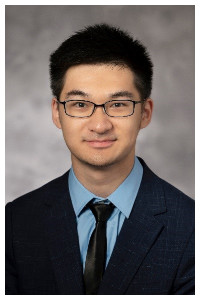
PI: Guido Ferrari
Quantitative Mentor: Janice McCarthy
What was the project you worked on for your internship?
My project focused on evaluating the antibody dependent cellular cytotoxicity (ADCC) function of a list of target antibodies in killing different HIV-1 viral strains and investigating optimal combinations of these antibodies based on the analysis of ADCC to assist the development of potential HIV-1 immunotherapies.
What were your training goals coming into the summer program?
The primary goals for me to join the CFAR summer internship is to learn about HIV and the general human immune system, as well as to gain experience of working closely with a PI and a quantitative mentor to solve real-world problems related to HIV/AIDS.
What do you hope to do in the future?
After this internship ends, I wish to apply for a Ph.D. program related to medical science while finishing the second year of my current Master’s program.
What was your favorite part of the summer internship?
My favorite part of the internship was that I gained abundant experience in how to clearly express my ideas to different target audience in a research environment, both from discussing the research goals with my PI and mentor and presenting my research progress to my colleagues throughout the internship.
What is your favorite thing about summer?
My favorite part about this summer is the opportunity to work with my PI Dr. Ferrari and mentor Dr. McCarthy. Besides research, I also improved my basketball skills in my free time.
Song Young Oh, Master's in Interdisciplinary Data Science (MIDS), Duke University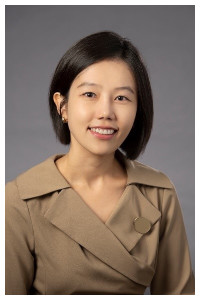
PI: Justin Pollara
Quantitative Mentor: Cliburn Chan
What was the project you worked on for your internship?
My project was about identifying associations between individuals' genetic characteristics and their immune responses following HIV vaccination. I performed various exploratory data analysis and statistical testing to achieve these insights, which made the experience incredibly enjoyable.
What were your training goals coming into the summer program?
My primary objective for joining this summer program was to cultivate a strong researcher mindset and successfully lead a project. Additionally, I aimed to enhance my statistical knowledge and familiarize myself with new types of data.
What do you hope to do in the future?
In the future, I aspire to become a proficient data scientist, equipped with diverse quantitative methods and skillsets to address real-world challenges.
What was your favorite part of the summer internship?
The most rewarding aspect of this internship was the close interaction I had with my PI and quantitative mentor through regular weekly meetings. Learning from these experienced professionals, especially in areas where my biological knowledge was lacking, was truly invaluable.
What is your favorite thing about summer?
Regarding summer in general, I appreciate the opportunity to have a distinct kind of enjoyment compared to the semester. It allows me to explore different parts of the country while cherishing relaxed moments with friends.